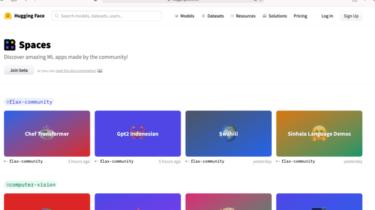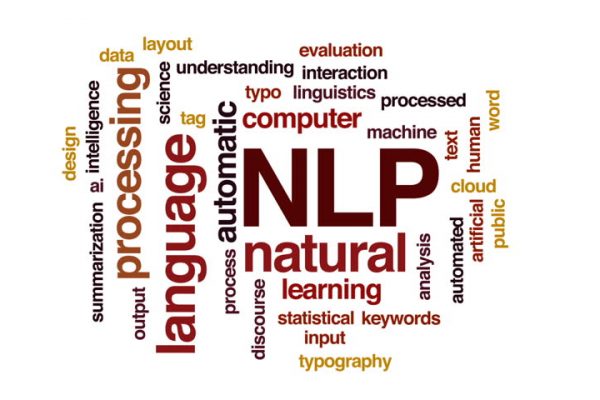Dynamic Encoder Transducer: A Flexible Solution For Trading Off Accuracy For Latency
August 30, 2021 By: Yangyang Shi, Varun Nagaraja, Chunyang Wu, Jay Mahadeokar, Duc Le, Rohit Prabhavalkar, Alex Xiao, Ching-Feng Yeh, Julian Chan, Christian Fuegen, Ozlem Kalinli, Michael L. Seltzer Abstract We propose a dynamic encoder transducer (DET) for on-device speech recognition. One DET model scales to multiple devices with different computation capacities without retraining or fine-tuning. To trading off accuracy and latency, DET assigns different encoders to decode different parts of an utterance. We apply and compare the layer dropout […]
Read more

